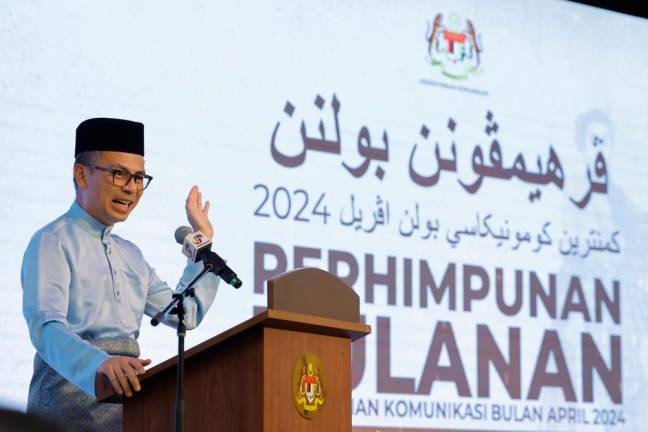EARLY last year, 22 economists projected Malaysia’s gross domestic product to be 4.3%. By the second quarter, GDP hit 4.9%.
For the overall 2019 economic gain, the RAM Ratings fixed its estimate at 4.6%, corresponding to the projection by Malaysian Institute of Economic Research and World Bank. This number still outperformed the 4.3% projected by the 22 economists.
For 2020, several readings indicate GDP will be 4.3-4.8%. Will Malaysia under Pakatan Harapan be able to again outperform expectations?
Global economy is affected by tensions in the Middle East. Coupled with the US-China trade war, the market remains volatile and investors are cautious. Political uncertainty will further erode traders’ confidence. Along with the rise of regional competition, it’ll be a challenging year.
Studies from the AllianceDBS Research show that infrastructural projects will boost the economy to a projected growth of 4.5%.
Despite criticism from some NGOs, these projects will generate dynamism in the market to ensure that graduates get employed, parents can put their children in school, and working adults can provide for elderly parents.
Some NGOs say it’s the government’s duty to manage the economy. However, when development plans such as the Penang South Islands and Penang Hill cable car service were unveiled, some of the NGOs objected without providing better options.
True, each project must be examined. However, there is a huge difference between constructive criticism and idle complaints.
GDP growth will likely be sustained above 4% in 2020, given initiatives in Budget 2020. Whether it surpasses expectations depends on infrastructure projects panning out.
Joshua Woo Sze Zeng
Penang










